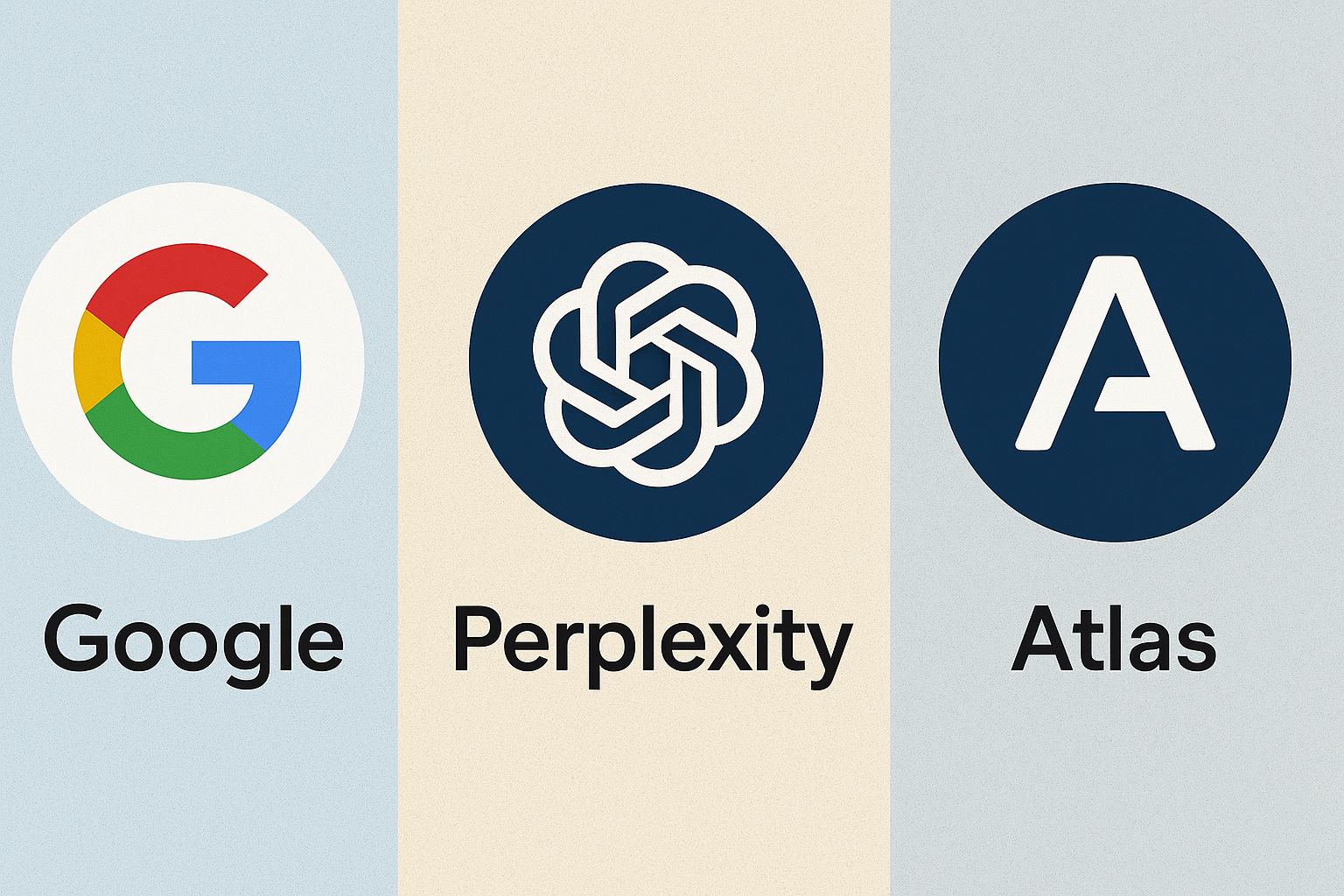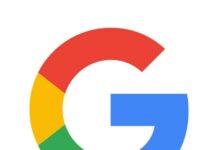
OpenAI has once again stepped into uncharted digital territory with the launch of Atlas, its first-ever web browser — one designed to merge artificial intelligence with the way we surf the internet. But early reactions from experts suggest that while the concept is revolutionary, the execution still feels raw and unrefined.
Released on Tuesday evening, Atlas aims to compete directly with Google Chrome, potentially disrupting the most profitable arm of Google’s parent company, Alphabet. The browser fully integrates ChatGPT, allowing it to follow users as they browse, summarize pages, and even interact with websites autonomously.
A Great Idea That’s Not Quite Ready
One of Atlas’s standout features is its AI agent mode — an experimental system that lets users assign tasks to ChatGPT, which then takes control of the browser to perform them automatically. In theory, it’s a glimpse into a future where the web runs on instruction rather than clicks.
But for some early testers, the experience was underwhelming.
> “To put it bluntly, it felt at times like watching a 12-year-old use my computer,” said Dr Junade Ali, a fellow at the Institution of Engineering and Technology (IET).
Dr Andrea Barbon of the University of St. Gallen echoed that sentiment after testing the agent mode. “It starts clicking around, trying to complete your request, but on complex websites it just gets lost,” he said. After a few minutes, he gave up and closed the browser.
> “Maybe I’ll use it in the future — if they release versions that actually work,” he added.
OpenAI Admits It’s Still Early Days
In a statement, OpenAI described the agent mode as an “early experience” that is still being refined. The company said it is working rapidly to improve reliability, latency, and complex task success, acknowledging that current versions may “make mistakes on complex workflows.”
Even so, Dr Junade Ali believes the foundation is promising. “It’s definitely primitive, but it’s a neat concept,” he said.

The Bigger Picture: A Threat to Google?
Despite Atlas’s rough start, OpenAI’s presence in the browser market could pose a serious challenge to Google. ChatGPT has already diverted a large portion of search traffic away from Google, cutting into ad revenue that once seemed untouchable.
“OpenAI has already made a massive dent in Google’s business model,” Dr Ali explained. “And Google is struggling to keep up.”
Dr Barbon predicts that Google will respond swiftly. “It depends on who moves faster — OpenAI or Google. But right now, OpenAI isn’t there yet.”
A New Internet Paradigm
When Google launched in 1998, it reshaped the web by making information accessible in seconds. OpenAI’s Atlas is betting that artificial intelligence can take us even further — from the “attention economy” to what experts are now calling the “answer economy.”
Dr Luke Roberts from the University of Cambridge sees this as a major societal shift. “People don’t want to search anymore — they just want answers,” he said. But with that comes a risk: as AI answers become faster and easier to access, users may stop questioning where those answers come from.
“We don’t necessarily scrutinize the information we’re given,” Dr Roberts warned. “We just accept it at face value. That’s the shift society must reckon with.”
The Bottom Line
OpenAI’s Atlas may not yet be ready to replace Chrome, but it signals a future where browsers aren’t just tools for navigation — they’re intelligent assistants that think, act, and learn. The technology is still rough, but the direction is clear: AI is no longer just a search bar — it’s becoming the web itself.







**mitolyn official**
Mitolyn is a carefully developed, plant-based formula created to help support metabolic efficiency and encourage healthy, lasting weight management.
This topic really needed to be talked about. Thank you.